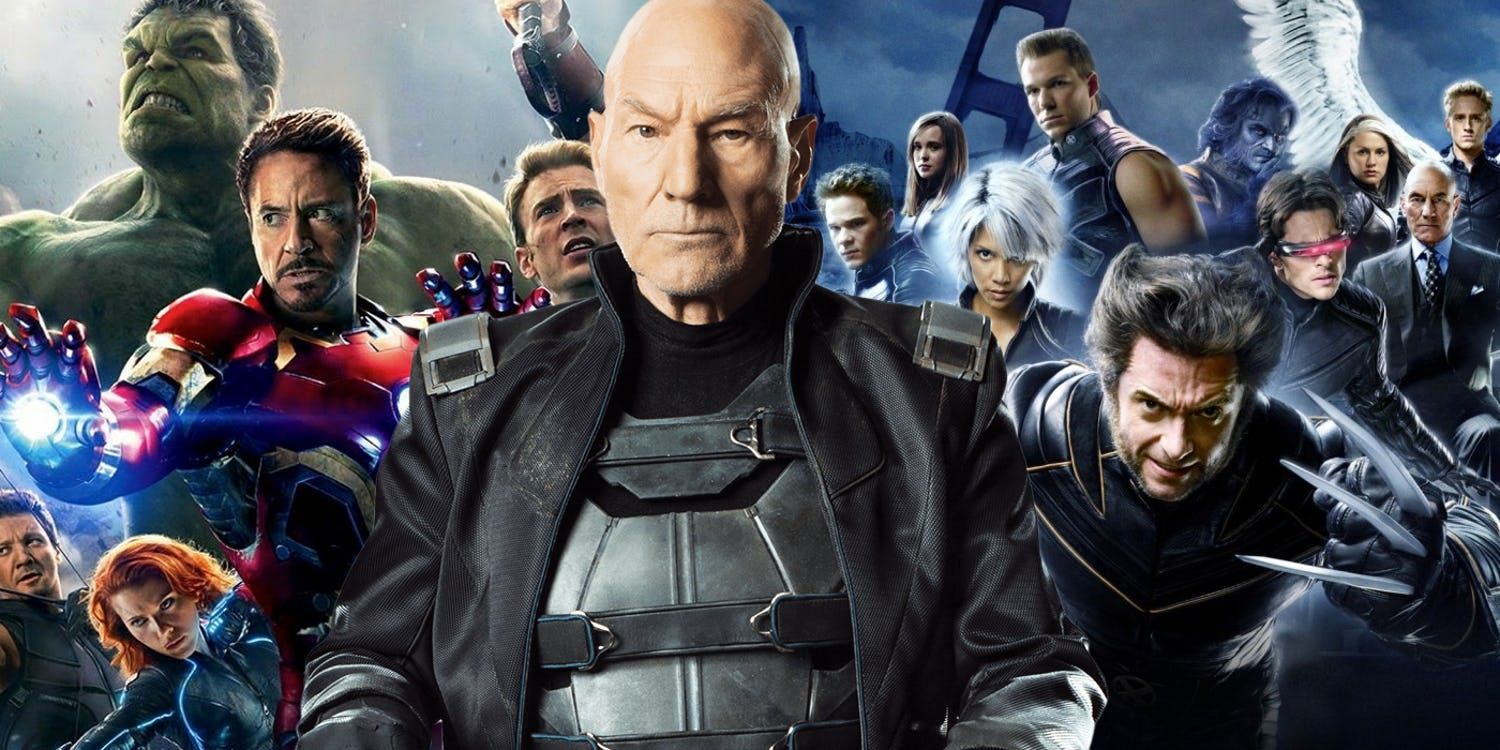
Marvel Studios is struggling to find a way to introduce mutants and the X-Men into the Marvel Cinematic Universe, but what if the merry mutants have secretly been a part of the MCU all this time, and memory of them was erased by Professor X? Such a revelation could be used not only introduce the X-Men into the MCU but also establish the necessary environment for the X-Men concept to work properly.
The X-Men have always held an unusual place among Marvel Comics' heroes. Originally they were least popular of Jack Kirby and Stan Lee's co-creations, selling so poorly at one point that Marvel stopped producing new X-Men comics and just reprinted the old issues as X-Men #67 to X-Men #93. A 1975 revival series by Len Wein, Dave Cockrum, Chris Claremont and John Byrne revitalized the concept, making X-Men into Marvel Comics' most popular series throughout the 1980s and 1990s. This, in turn, led to X-Men being adapted into a feature-length film in 2000, becoming Marvel Comics' first blockbuster superhero film franchise.
Fox and Marvel fought over the film rights for many years after the establishment of Marvel Studios, even as fans clamored for Hugh Jackman's Wolverine to do a cameo in a Captain America movie or for Deadpool to show up in Avengers: Endgame. Though the rights have now returned to Marvel with Disney's acquisition of Fox, the problem still remains of how to introduce the idea of mutants into the setting of the Marvel Cinematic Universe in a natural and organic fashion. But What If (to borrow a phrase from The Watcher) such an introduction is unnecessary?
What if mutants already exist in the Marvel Cinematic Universe? What if the X-Men had been fighting alongside the Avengers and the rest of Earth's Mightiest Heroes for years but nobody had any memory of it? What if everything viewers had seen of the MCU so far was a shared delusion, crafted by Charles Xavier to hide the existence of mutants from the world at large? And what could cause Professor X to do such a thing?
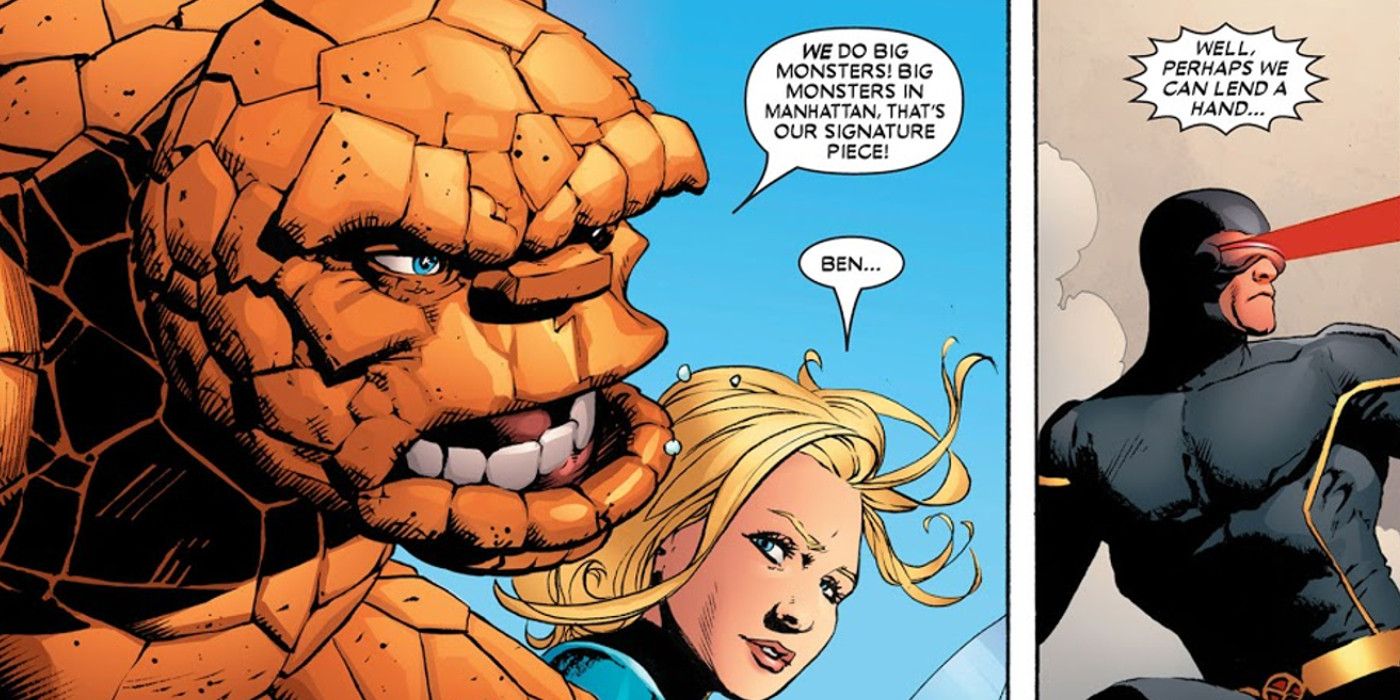
To understand the full difficulties in introducing the X-Men into the MCU, one must also understand the great divide that exists between Marvel Comics' mutant heroes and the rest of the superhero community. While Marvel Comics built their universe on the idea that all of their characters inhabited the same world and could potentially run into each other at any time, the X-Men still largely lived apart from characters like Spider-Man and The Avengers and only interacted with them through cameos in their own books, such as the Fantastic Four showing up as the X-Men are fighting a kaiju in downtown Manhattan. This was due to the allegorical nature of the X-Men, who faced oppression due to their status as mutants and were meant to act as a stand-in for real-world minority groups.
The problem is that this metaphor rarely worked when applied to the Marvel Comics Universe as a whole, though many writers did attempt to acknowledge the existence of mutants and anti-mutant bigotry within their own non-X-Men comics. While it's easy enough to talk about people born with mutant powers being hated and feared by society at large in the X-Men comics, it's hard to square that idea within the same world where Johnny Storm (aka The Human Torch) is an A-List celebrity who dates actresses and models when he isn't being a superhero. Granting that bigotry is never logical, it beggars belief that anti-Mutant groups like the Friends of Humanity would be willing to appreciate the nuance between mutants (i.e. those born with a super power) and mutates (i.e. those who gained superpowers after exposure to chemicals or radiation) and that they wouldn't fight against all superpowered beings rather than one select group of superhumans.
How Marvel Phase 4 Is Already Incorporating X-Men Into The MCU
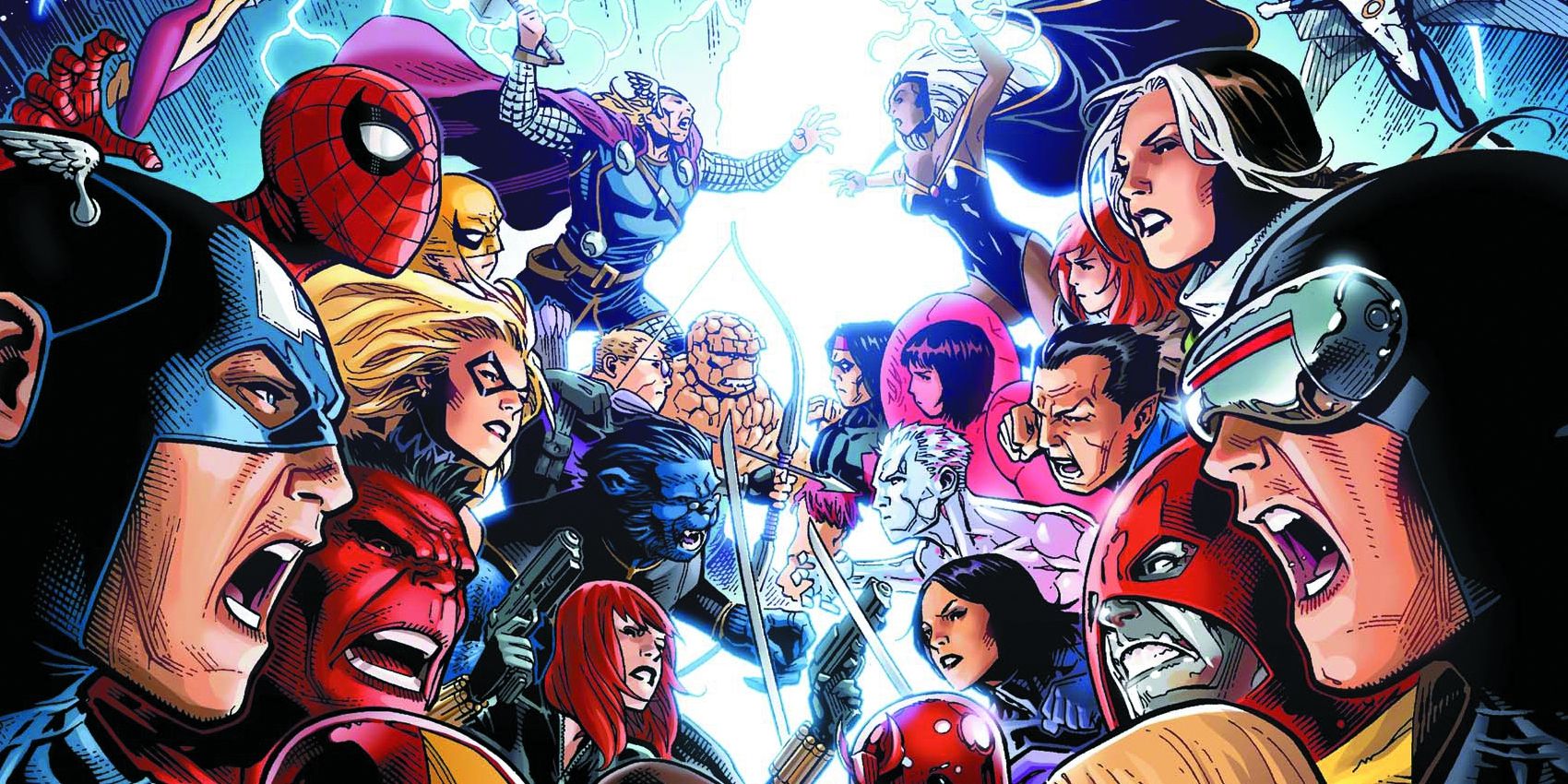
Many comic writers have attempted to address the divide between the X-Men and the rest of Marvel Comics' heroes in recent years, with varying degrees of success. Civil War handled it badly, with the X-Men purposely being written out of a storyline centered around the American government requiring superheroes to register their secret identities, after one scene in which Tony Stark met with White Queen Emma Frost and assured her that mutants would be exempt from the new laws. This handily ignored both how unlikely it was for Emma Frost to trust Tony Stark and how many X-Men stories were built around the idea that the American government starting a registry of known superhumans was usually what triggered a mutant holocaust in several potential futures, with Days of Future Past being the most famous of those divergent timelines.
Avengers Vs. X-Men was somewhat more successful, pitting the two teams against each other in a battle over the fate of the mutant race. While the series raised a number of complaints regarding how many heroes had been written wildly out of character over the course of the event, it did tackle the problem that the X-Men were typically left to face threats to the mutant community alone and that the Avengers only got involved in mutant rights issues when it was convenient. The actuality of how Marvel Comics treated the X-Men as a franchise for years was applied to the setting literally, with Captain America being forced to admit that he hadn't given the problems mutants faced as much thought as he could have.
Recently, the metaphor of mutants living in their own little world within the Marvel Comics' Universe became literal. As of Fall 2020, most of the mutants of Marvel Comics' 616 reality have relocated to a sentient island called Krakoa, establishing a mutant homeland apart from humanity. Once again, the X-Men comics exist largely as their own thing, with the rest of the Marvel Comics Universe being largely ignored within the context of the X-Men comics and vice versa.
All this serves to highlight the problems that Marvel Studios has regarding how to introduce mutants and the X-Men characters into the Marvel Cinematic Universe. The world of the movies is built around the same idea of an integrated reality as the original Marvel Comics Universe. The problem is that the current environment of Marvel Phase 4 is incompatible with the ideals of X-Men. Ignoring the difficulty of organically introducing a concept like mutants or mutation into the setting now, it's also hard to believe that the same people approaching Thor or the Incredible Hulk for a selfie on the street will reflexively hate or fear a new breed of superhuman in the wake of the Thanos snap. You can't have the X-Men protecting a world that hates and fears them without a good reason for people to actually hate and fear mutants and that's just not possible in the same world where the Sokovia Accords regulating superhumans have been written off as a bad idea.
Every X-Men Character Who Could Appear In Marvel's Phase 4
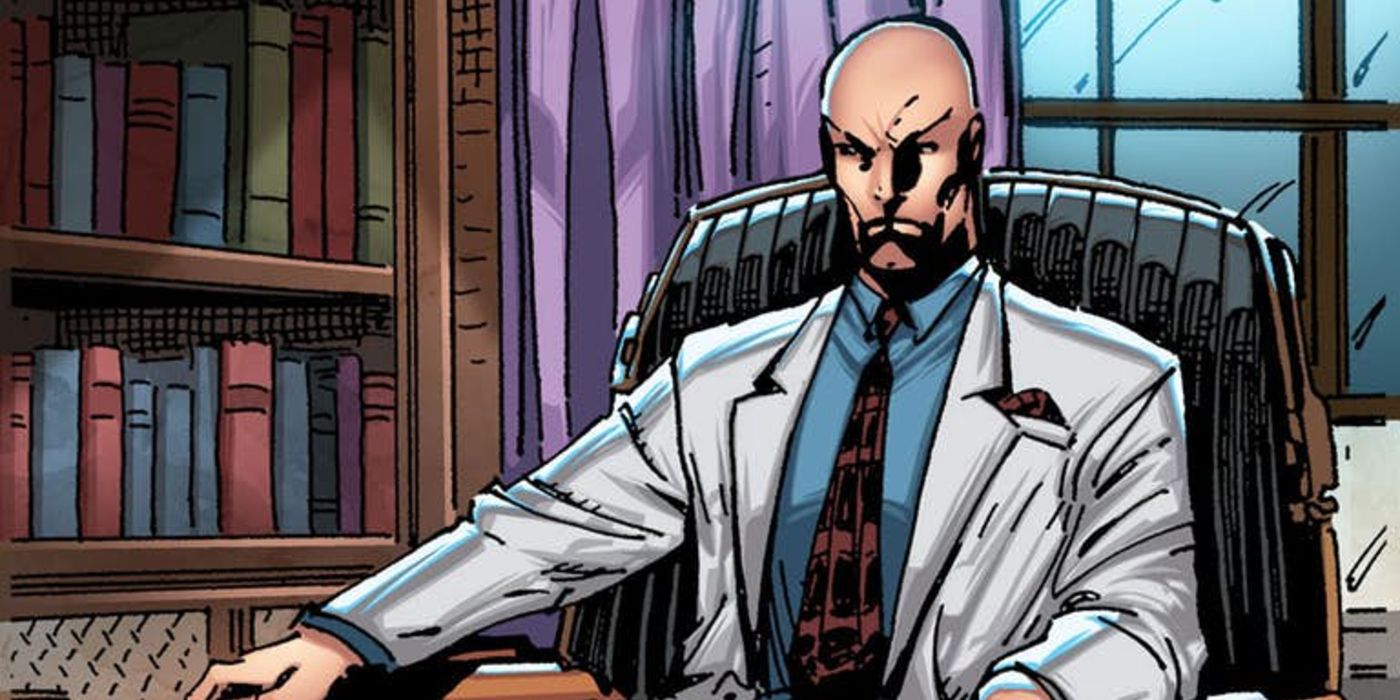
The simplest idea for introducing mutants and the X-Men into the MCU would be to adapt the same idea being employed by the upcoming Eternals movie; they have always been living among humanity unnoticed. This changes the problem from explaining mutants' existence to explaining how they've gone unnoticed, given that mutant powers tend to develop alongside puberty with noticeable results. The easiest way to explain this is to presume that Charles Xavier, the world's most powerful mutant telepath, used his powers to mask the existence of mutants.
There's little doubt that Professor X has the power to alter minds on a global scale, particularly with his powers being enhanced by his computer, Cerebro. Yet with the idea raised that Professor X could do such a thing, the question now becomes why he would do such a thing when he always resisted abusing his powers in such a way and taught his students to avoid exploiting their powers in a similar fashion, except in the most dire of circumstances. The obvious answer is that either there was some kind of disaster that forced the Professor to hide the existence of mutants for fear of how the world might react or that the Professor was not fully in control of his own abilities.
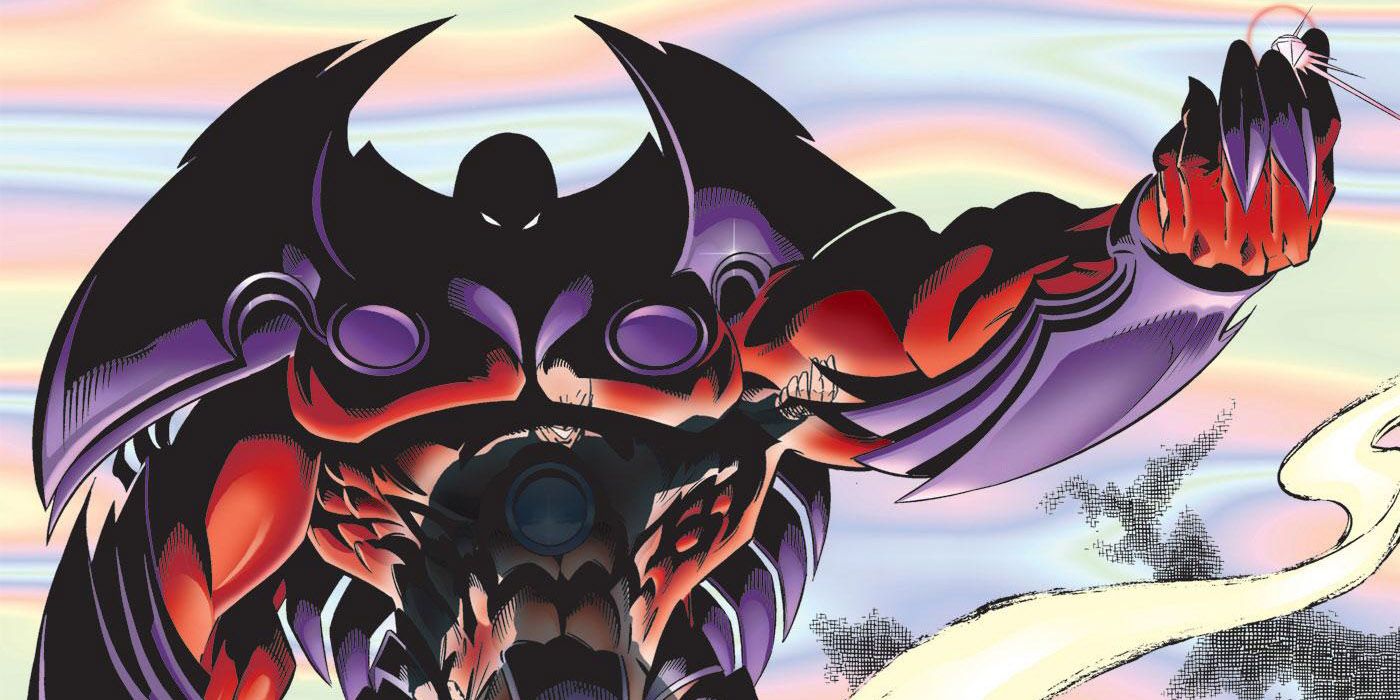
While there are a number of storylines from the X-Men comics which could be used as a catalyst for such a story, the most obvious candidate is a crossover event from 1996; X-Men/Avengers: Onslaught. The storyline teamed the X-Men and Avengers against a new villain, Onslaught; a sentient psionic entity born of a fusion of the darkest impulses of the minds of Professor X and Magneto, after the X-Men's leader psychically attacked his former friend in a moment of considerable rage. Possessing the powers of both his fathers and none of their morals, Onslaught was a threat which required nearly every hero in the Marvel Comics Universe to defeat, as he began abducting other heroes and absorbing them into himself, claiming their powers as well.
The story of Onslaught could be adapted into a team-up film for both the Avengers and X-Men in the MCU with ease. The original story had Onslaught going on a rampage after failing to recruit the X-Men to join him in declaring war on humanity and the X-Men then turning to the Avengers for help. Suppose instead that Onslaught used his vast telepathic powers to erase all memory of mutants and the X-Men from humanity to prevent the X-Men from easily turning against him or recruiting allies? This would leave the X-Men in a difficult position, trying to convince the Avengers that they were old friends that they couldn't remember. This twist, in turn, could also be used to inspire the paranoia the X-Men require on a metaphorical level, with the public suddenly being aware of the existence of mutants once Onslaught was defeated and their first exposure to mutantkind (as far as they knew) being a reality-altering psychic who wanted to kill everyone without superpowers.
Related: What The MCU's X-Men Team SHOULD Be
Of course this is just one possibility for overcoming the difficulties in introducing the X-Men into the MCU. Another could involve Proteus; Professor X's son, whom he kept in seclusion because of his unstable reality-altering powers. A Proteus rampage could inspire Charles Xavier to take such drastic steps as altering the collective memory of the world to protect his life's work and his son's life. A storyline might even spin out of the upcoming Wandavision show, with Xavier having been revealed to have hidden himself and the mutant population for more altruistic reasons but Scarlet Witch's weird powers defying his efforts to keep her and her brother unnoticed. The long history of X-Men offers ample ideas that could be exploited for introducing them into the Marvel Cinematic Universe, but utilizing Professor Xavier's ability to hide mutantkind from humanity seems like the simplest.
Every Upcoming Marvel Cinematic Universe Movie
from ScreenRant - Feed https://ift.tt/34AjX7R





No comments: